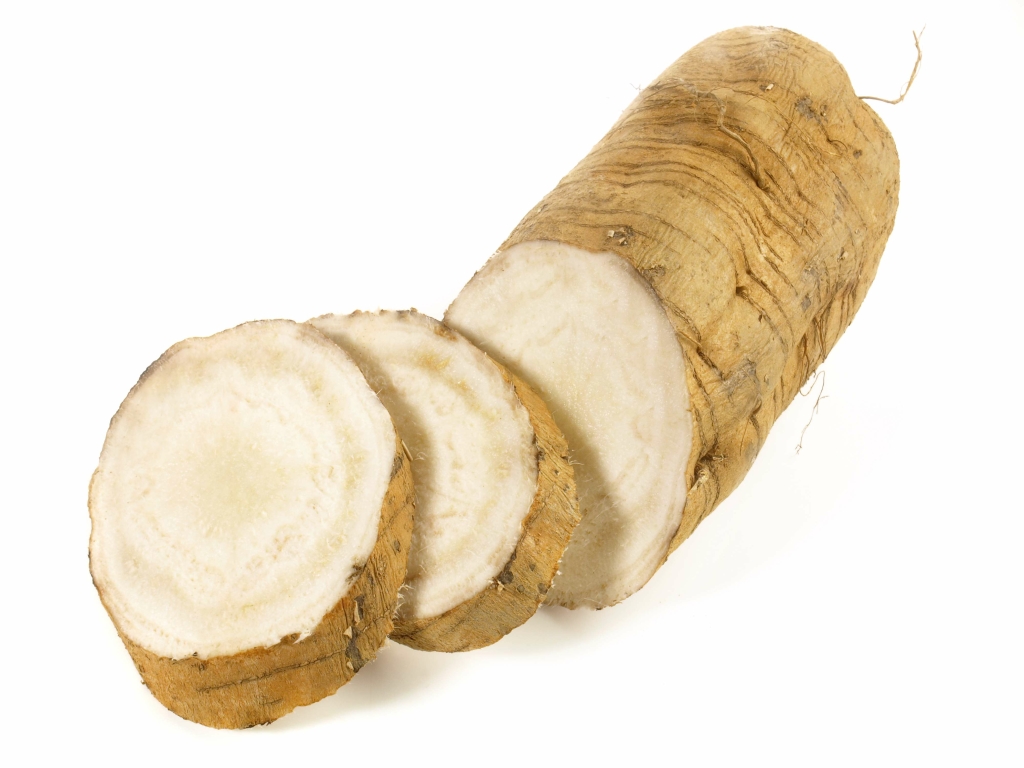The extreme rarity of this condition has hampered research efforts, and there is currently no effective treatment. While many genetic brain disorders don’t have cures, various treatment and management approaches can significantly improve quality of life for affected individuals. Tuberous sclerosis complex, caused by mutations in either the TSC1 or TSC2 gene, leads to the mush brain growth of benign tumors in various organs, including the brain. This condition can result in seizures, developmental delays, and behavioral problems, highlighting the complex interplay between genetics and brain function.
- Whether one condition causes the other or not, there is a recognized progression of symptoms.
- It’s a stark reminder of the far-reaching consequences of excessive drinking, extending far beyond the immediate effects of a hangover brain fog.
- The symptoms can overlap with conditions like mild cognitive impairment or even early-stage Alzheimer’s disease.
- As a result, people who suffer from alcoholism may begin to experience symptoms of WKS and become very ill.
Diagnosing Wernicke-Korsakoff Syndrome
- It’s like taking a peek under the hood of your brain to see if there are any obvious mechanical issues.
- There’s no single test for the syndrome, but a good indication, particularly when disorientation and confusion are apparent, is testing vitamin B1 levels in the blood.
- The prefrontal cortex, responsible for decision-making and complex thinking, gets overwhelmed.
That moment when you’re staring at your computer screen, trying to remember what you were supposed to be doing, only to realize you’ve been lost in a haze for the past 15 minutes. It’s as if your brain has decided to take an impromptu vacation, leaving you stranded in a sea of mental fog. You might hear the dated term “wet brain” used in reference to Wernicke-Korsakoff syndrome. However, the term “wet brain” carries and perpetuates stigma by inaccurately conveying that people willfully contract it. The truth is two people can have similar drinking patterns and one will develop Wernicke-Korsakoff syndrome and the other won’t. It’s a complex condition with many factors and, like alcohol use disorder, no alcoholism symptoms one chooses it.
Low Dose Naltrexone for Brain Fog: A Promising Treatment Option

Research into BSS and related conditions is ongoing, and new treatments and management strategies are constantly being developed. That’s where cognitive-behavioral therapy (CBT) and other psychotherapeutic approaches come in. These techniques can help you develop coping strategies, reframe negative thought patterns, and learn to manage stress more effectively.

Rett Syndrome
Also try to give multitasking a rest – if you make a conscious effort to focus on one news story or social media platform at once, you’ll engage the hippocampus and improve https://vidia.com.pe/how-to-stop-drinking-alcohol-making-a-plan-that/ memory function. “Unsubscribing from notifications will allow you to do this,” Dr Paleri continues. If you’re finding it hard to focus, feel a bit low and have a memory like a sieve, chances are you need a break – a screen break.
